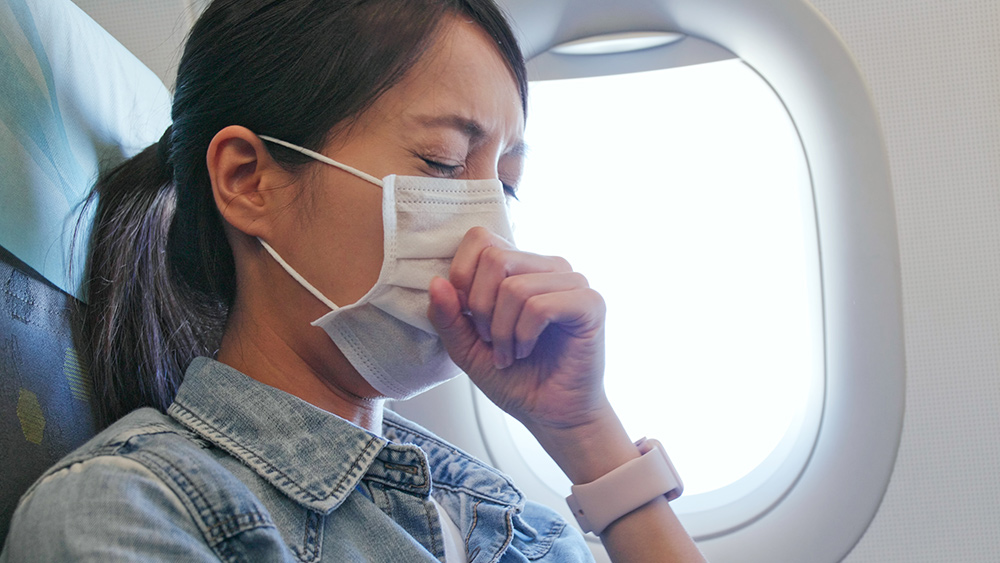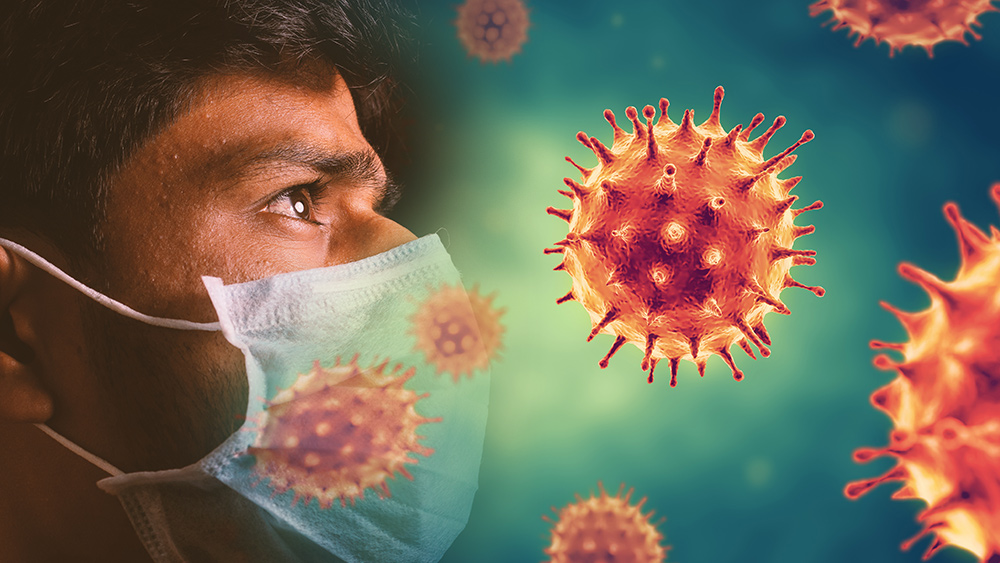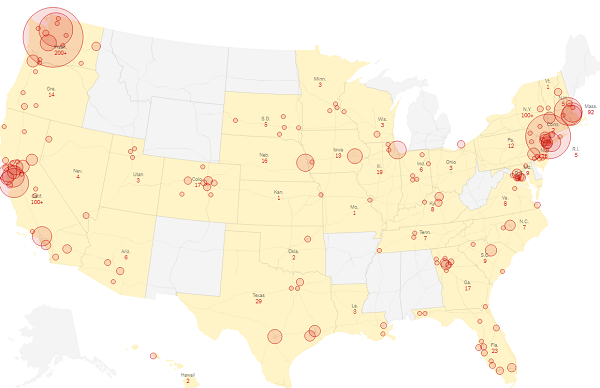Women’s health 101: 7 Ways to prevent and treat the symptoms of menstrual migraines
03/11/2020 / By Zoey Sky

Compared to headaches, menstrual migraines are more intense and severe. But worry not, ladies. You can relieve the symptoms of menstrual migraines with natural remedies.
What are menstrual migraines?
Menstrual migraines can occur during perimenopause or your period. Migraines are triggered when your nervous system malfunctions and inflammation is aggravated.
If you suffer from period-related migraines, hormone imbalances, particularly estrogen, can make your migraine worse.
Estrogen dominance, which takes place when a “good” hormone doesn’t function the way it’s supposed to and causes negative side effects like weight gain, during your premenstrual phase can make menstrual migraines worse.
Low estrogen can also affect your serotonin levels, which can worsen migraines you get during menstruation. Migraines that hit mid-cycle or just before ovulation, may also indicate estrogen overload.
Dietary, emotional, environmental, hormonal and physical factors can trigger migraines. Unlike other types of headaches, if you have migraines you’re more likely to avoid common triggers like light, physical activity, noise or social activity.
Migraine symptoms can include:
- Feeling less mentally alert or not being able to think clearly
- Feeling numbness or tingling in the face or hands
- Nausea
- Seeing flashing light (“auras”) or unusual lines
- Sensitivities to light, smells or sounds
- Throbbing pain on one side of the head
- Vomiting
If you suffer from migraines, pay attention to your symptoms so you can try home remedies that will help relieve your condition before it worsens.
Start a “migraine journal”
If migraines occur alongside hormonal changes, keeping a headache journal and tracking your cycle will help you determine which hormone imbalances and lifestyle factors or foods may be triggering them.
Below are some things that you need to track in your journal:
- When did the migraine occur?
- Where does the migraine occur?
- How intense is the migraine?
- Does the migraine radiate?
- Do you have sensitivities to light, smells or sounds?
- Where are you in your menstrual cycle?
- What did you eat in the last 24 hours?
- Other symptoms that you experience with the migraine
Lower your inflammation levels
Menstrual migraines are usually caused by hormonal imbalances, but they can also be linked to inflammation.
Manage your inflammation levels by consuming healing superfoods like non-starchy veggies (e.g., broccoli, cabbage, dark green leafy veggies and tomatoes) and wild-caught fish.
Take natural supplements
Taking the right supplements may help prevent migraines, or at least reduce their intensity.
- Feverfew is an anti-inflammatory herb that helps prevent migraines. Take about 25 mg daily to relieve migraines.
- Magnesium can help stop a migraine from progressing. Take at least 600 mg of magnesium the minute you feel a migraine coming on. You should also consume more magnesium-rich foods such as leafy greens, nuts and seeds. Magnesium also helps minimize period pain. (Related: Natural migraine remedies: Take CoQ10 supplements to relieve headaches.)
- Vitamin B2 (riboflavin) can help lower the number of migraines that you have. Take 400 mg of vitamin B2 daily for at least one month to see results. Take note that it may take around three months before you notice any changes in your condition.
Identify food sensitivities
Certain kinds of food can trigger migraines, such as aged cheeses like Parmesan, gluten and wine. These trigger foods can boost your immune response, increase inflammation and cause problems like leaky gut.
Avoid these foods just before and during your period to reduce your migraine symptoms and eat more anti-inflammatory superfoods such as avocado, fatty fish, nuts, seeds and turmeric.
Use essential oils
Use essential oils like lavender or peppermint topically to relieve migraines. Essential oils don’t always address migraines, but they can help ease your symptoms as you try to determine the root cause of your migraines.
Dilute several drops of your chosen essential oil into a carrier oil like coconut or avocado oil, then massage the mixture into your temples and forehead.
Have an orgasm
As it turns out, regular orgasms can help reduce migraine pain or prevent migraines. Research published in Headache: The Journal of Head and Face Pain suggests that regular orgasms can provide complete relief in 47 percent of migraine sufferers.
Try yoga
Exercising may be the last thing you want to do while nursing a migraine, but some patients report that yoga helps boost circulation, supports a healthy nervous system and reduces stress.
Keep a migraine journal, make dietary changes and try natural cures like essential oils to prevent migraines or address common symptoms.
Sources include:
Tagged Under: alternative medicine, anti-inflammatory, essential oil, functional foods, herbal medicine, Herbs, menstrual migraines, migraine, natural cures, natural medicine, pain relief, prevention, remedies, supplements, women's health



















